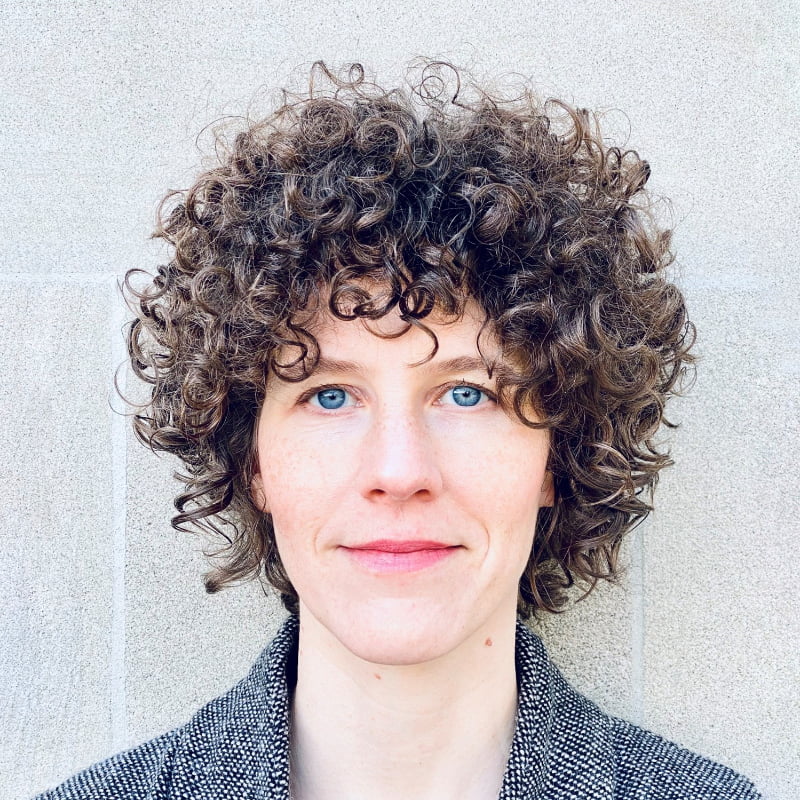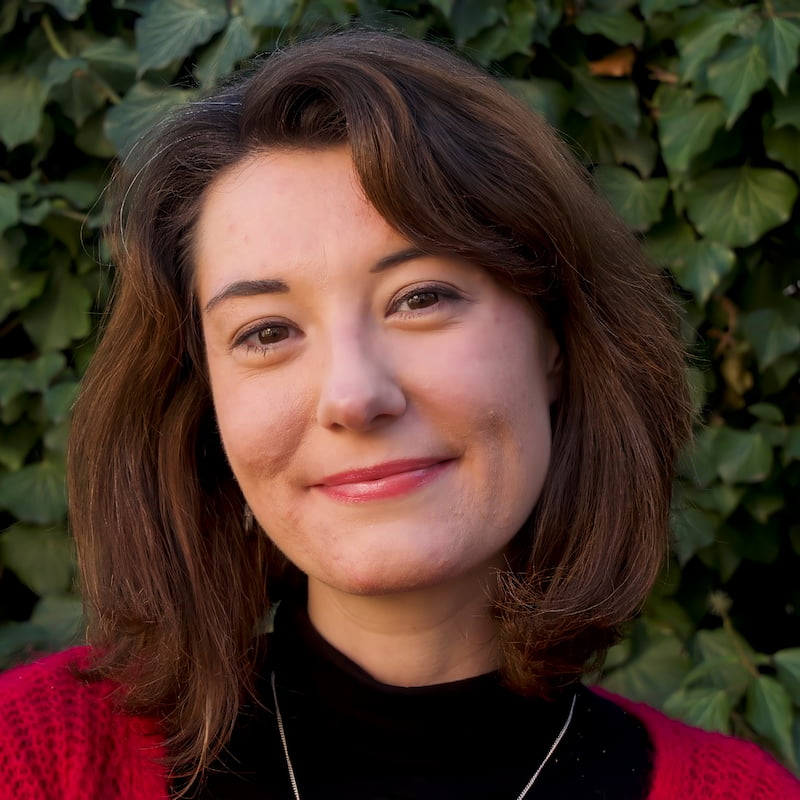
Michèle Amacker
Michèle Amacker is Professor (Extraordinaria) of Gender Studies, Co-Director of the Interdisciplinary Centre for Gender Studies at the University of Bern and Co-PI for the Swiss participation with UNTWIST. Previously, she was Assistant Professor of Gender Studies at the University of Bern from 2016 to 2021 and interim Co-Director of the Interdisciplinary Centre for Gender Studies at the University of Bern between 2014 and 2016. As a gender sociologist, her work focuses on precarious employment, such as examining the impact of digitisation on jobs in the retail sector. From 2018 to 2022, she has led an interdisciplinary research project on the collaboration of public and (semi-)private actors in the field of foster child placement (National Research Programme 76 Welfare and Coercion, SNSF) and several innovative projects in the context of financial inclusion and rural development. A major focus of her work is in the area of knowledge transfer. Together with her team, she also regularly conducts studies on behalf of administration, educational institutions and civil society.
She is currently President of the Gender Equality Commission of the Swiss National Science Foundation. From 2014 to the end of 2022, she was also a member of the Board of Directors of the Swiss Centre of Expertise in Human Rights.

Leandra Bias
Leandra Bias is a PostDoc at the Institute of Political Science at the University of Bern and Co-PI of the Swiss participation with UNTWIST. Thematically, she specializes in gendered processes and effects of (de-)democratization, transnational feminism, (feminist) foreign policy and social movements. Her three-year postdoc project investigates the strategic use of anti-gender politics in Russia to justify aggressive foreign policy. Leandra holds a DPhil in Politics from the University of Oxford in which she analyzed how the anti-gender politics in authoritarian Russia and Serbia affect how feminists view power relations and decide on new subversive strategies. Her dissertation was awarded by the Swiss Association for Gender Studies. Leandra also won the “Young Scholar 2022” Award by the Walter Benjamin College for her interdisciplinary approach and science communication. Prior to joining the University of Bern, she worked as senior researcher and gender advisor for swisspeace where she built up the Gender Unit and specialized in applied research pertaining to the UN Women, Peace and Security Agenda. She i.a. conducted a study for the Swiss Development and Cooperation Agency, highlighting the relationship between anti-gender politics and authoritarianism and how this should inform future international cooperation policy. As such, Leandra brings a very strong background in gender backlash research as well as thorough experience in translating findings into policy.

Valentina Nerino
Valentina Nerino is a political sociologist and a PostDoc researcher at the Interdisciplinary Centre for Gender Studies (ICFG) at the University of Bern. Her research interests include online political communication, issue framing, identity formation, and their interaction with decision-making. Her work focuses on the mechanisms underlying the diffusion of propaganda content on social media, that she studies using computational social science tools, experimental and survey designs, and broadly a mixed-method approach. Prior to her position at the UBERN, she was Doctoral Researcher at the Doctoral School of Social Sciences at the University of Trento (Italy) and Visiting Researcher at the Center for Political Science (CPS) at the University of Michigan (USA). There she conducted her PhD project on online propaganda, investigating how propaganda message features and recipients’ socioeconomic and cognitive characteristics jointly affect validity and shareability evaluations of online political content. She has also experience working with non-academic stakeholders, which she has developed throughout the collaboration with the international think-tank More in Common (MiC).

Ann-Kathrin Rothermel
Ann-Kathrin (Katya) Rothermel is a political scientist and PostDoc researcher at the Institute of Political Science at the University of Bern. Her research focuses on transnational discursive dynamics of gender, (de-)radicalization and political violence. Prior to her position at UBERN, she has worked as a research associate and lecturer at the University of Potsdam in Germany, where she conducted her PhD research on the role of gender in the UN’s counterterrorism reform since 9/11. She is also a research fellow with the US-based Institute for Research on Male Supremacism (IRMS) and has authored multiple research projects and publications on the radicalization dynamics and gender knowledge production in online antifeminist communities of the ‘Manosphere’. Her work has been published in internationally peer reviewed journals including International Affairs, the International Feminist Journal of Politics, Critical Studies on Terrorism, and Big Data and Society. She also has experience working with civil society. Most recently, she worked as an academic advisor and science communicator for the German NGO Das Nettz, which advocates against online hate speech. In this role, she supported 19 civil society projects working on digital democracy and prevention of online radicalization with funding from the German Federal Agency for Civic Education (bpb).


